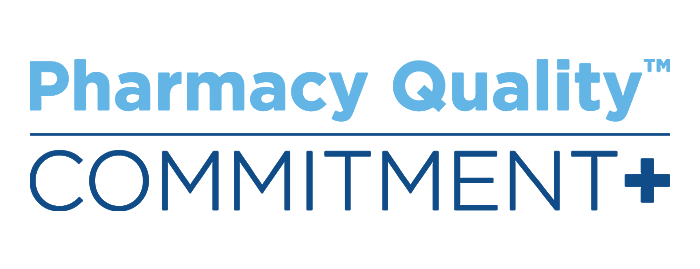Complete Story
Legislation introduced to expand pharmacist consult agreements!
Today, Senators Stephen Huffman (R-Tipp City) and Nathan Manning (R-North Ridgeville) formally introduced SB 303, legislation that would help build better collaboration between healthcare providers and to increase patient access to care.
Specifically, the bill would expand the current laws that allow physicians to enter into consult agreements with pharmacists for the purposes of allowing those collaborating pharmacists to manage patients with chronic diseases. Current law authorizes physicians to allow collaborating pharmacists to order & analyze blood and urine tests; administer medications; and discontinue, change, or add medications.
SB 303 will expand a physician's ability to delegate to their collaborating partners. Specifically, SB 303 will allow physicians to delegate lab test authority to pharmacists beyond blood & urine tests. SB 303 will also allow physicians to allow their collaborating clinical nurse specialists, certified nurse-midwives, certified nurse practitioners, and physician assistants to enter into consult agreements with pharmacists for the purposes of chronic disease management.
The current laws governing consult agreements came as a result of OPA's work in the 131st General Assembly on HB 188, which was carried by Senators Huffman and Manning when they were serving in the Ohio House of Representatives.
SB 303's introduction comes on the heels of recent emergency rules implemented by the State of Ohio Board of Pharmacy that temporarily expands pharmacist consult agreements to certified nurse practitioners, clinical nurse specialists, certified nurse midwives, and physician assistants in hospitals and institutional facilities. While these temporary rules were requested by OPA, we disagree with the limitations placed in the language that restricts expanded consult agreements outside of inpatient settings, as a provider's training, competence, and expertise is not negatively impacted by the roof under which they practice.
SB 303 will ensure that pharmacist collaboration with physicians, nurse practitioners, and physician assistants can be agnostic of practice setting, and it will make it a permanent fixture of Ohio law.
"It is imperative now more than ever that we protect patients and healthcare providers," said Senator Huffman, who is also a physician. "Protection includes removing burdensome requirements of physicians that can be removed and still provide patients with the quality care management they deserve. I believe this commonsense legislation will solve this problem with regard to pharmacist consult agreements."
"This is important legislation to ensure that patients are receiving the most accurate representation of their specific care management," said Senator Manning. "Pharmacists are highly effective at managing chronic diseases like diabetes, asthma, and hypertension, so by authorizing expanded collaboration with doctors and nurses, SB 303 will significantly expand patient access to quality care."
We have heard from a lot of pharmacists and their collaborating physicians that have been asking for this law change, so it is important that begin formalizing letters of support from doctors, hospital leadership, patients, nurse practitioners, and physician assistants. While we would appreciate letters and testimony from pharmacists, it is more important to get support from these non-pharmacists first and foremost.
Please contact Antonio Ciaccia at aciaccia@ohiopharmacists.org to submit any letters of support or if you have any questions.
"Patients are better served when providers work together to improve outcomes," said OPA Executive Director Ernie Boyd. "At a time when access to care is so important, SB 303 serves as an excellent vehicle to empower physicians, nurses, and pharmacists to work together to meet the patient where their needs are."
Thanks to Senators Huffman and Manning for working with OPA again in our efforts to improve collaboration among healthcare providers and to expand patient access to pharmacist care.


